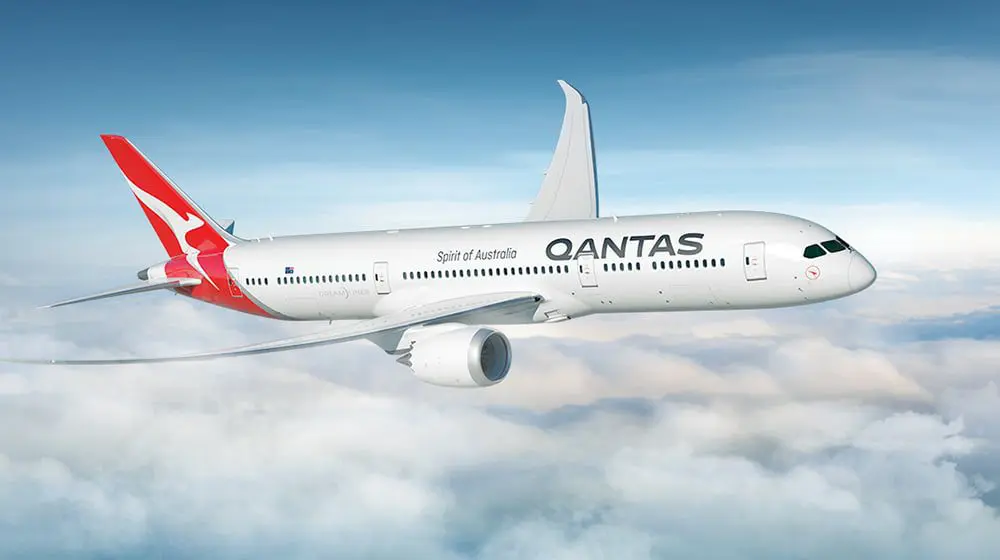Qantas’ first half of the financial year was not without its challenges. These included a 27% increase in fuel bills and the impact of a weaker Aussie Dollar.
Qantas’ net profit for the first six months of this financial year was $498 million, down a signficant 16.3% from $595 million in the prior corresponding period.
Despite this, revenue rose 5.8% and Qantas’ Domestic, Jetstar Domestic and Qantas Loyalty all reported record results.
Qantas Group CEO Alan Joyce said he was pleased with how the business responded to the “challenges and opportunities” presented during the first half of the financial year.
“Our dual brand strategy with Qantas and Jetstar in the domestic market meant these segments delivered another set of record earnings,” he said.
“Across our network, capacity is broadly meeting demand, including shifts to capitalise on the continued strength of the resources sector.
He cited higher oil prices as “a significant headwind” and said the airline “moved quickly to recover as much of the cost as we could”.
That was easier to achieve in the domestic market than on longer international routes, where fuel is a much bigger factor.
Qantas also reported an increase in selling costs, due to the commissions associated with the 6% rise in revenue, as well as costs linked to a weaker Australian dollar.
“Importantly, we made good progress against our longer-term strategy. More 787s arrived and more 747s are being retired; Loyalty continued to diversify with new revenue streams to deliver another record result; and we started or completed several lounge upgrades to help maintain the revenue premium Qantas achieves.”
Qantas Group CEO Alan Joyce
Looking ahead, Alan Joyce said the group was seeing strong forward bookings.
“Competitor capacity growth has slowed internationally and is relatively flat domestically. And oil prices have declined from the peaks we saw late last year,” he said.
“These factors point to a strong second half and we expect to completely recover our increased fuel costs by the end of this financial year.”
- READ: CELLAR IN THE SKY: Qantas wins big for its quality Australian wines
- READ: WOW: Qantas uses virtual reality to reveal the design of its new First Lounge









